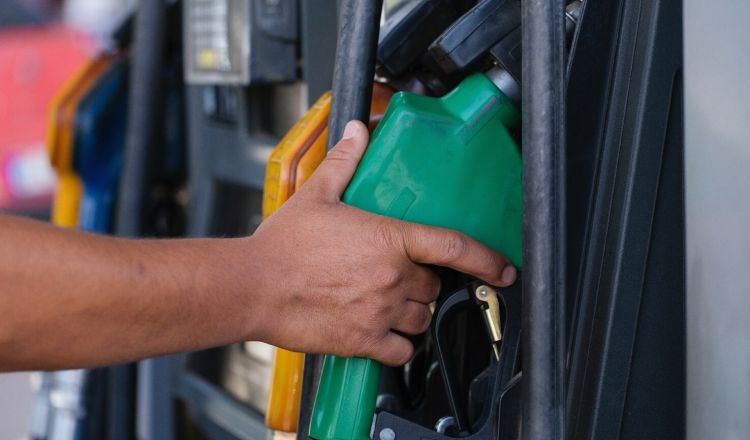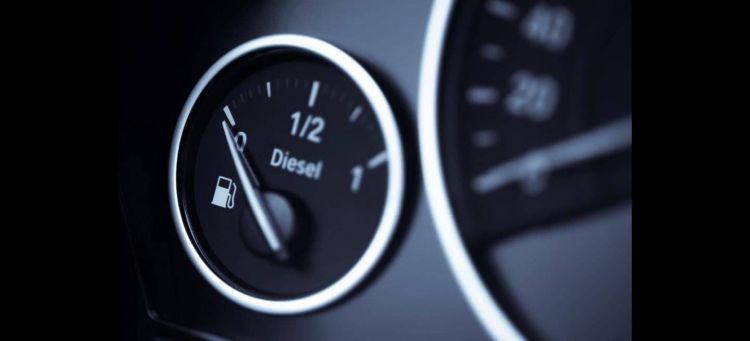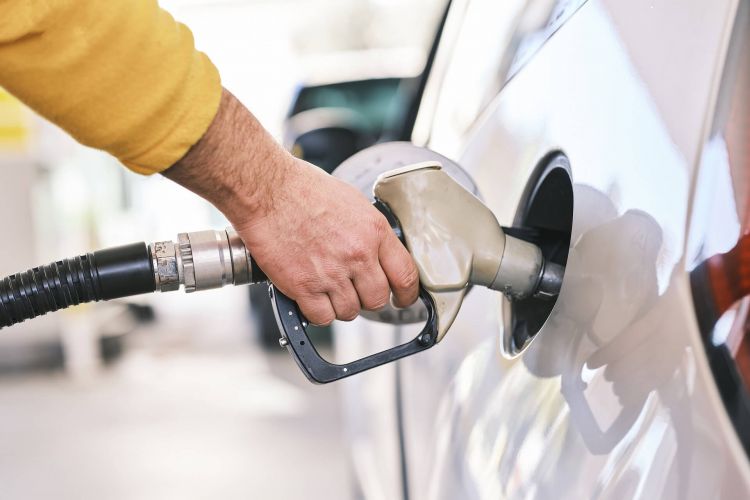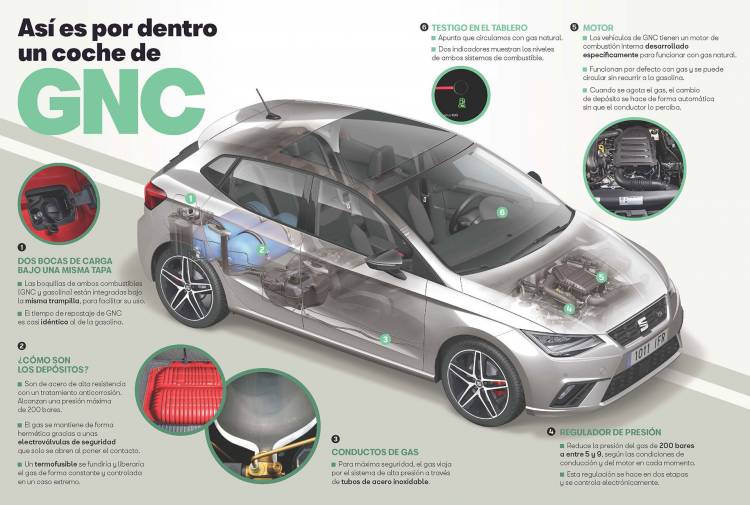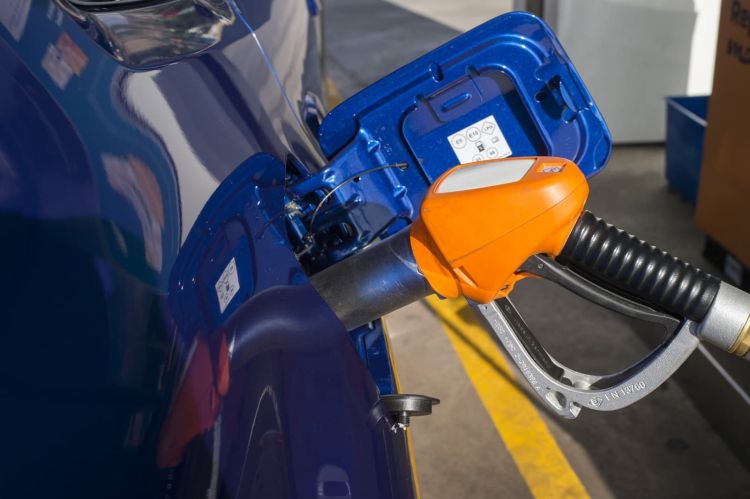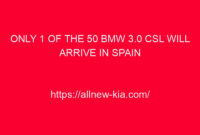The decision process to buy a new car has never been so complex. The increase in the prices of new cars in recent years is compounded by uncertainty regarding the introduction of Low Emission Zones, which have not yet been defined in many cities. What will happen to my car? If I buy a new car, what technology is worth it? Does it make sense to buy a car with a C label? And a hybrid with an ECO label?
From this reflection we have come to the conclusion that neither diesel nor gasoline are the right option. Hence, in this article it is essential to address this issue by analyzing the existing alternatives to these engines. And that the only smart purchase in 2023 that can meet the needs of most drivers and suit all pockets are hybrids. And we have also told you about the different types of hybrid that we can find on the market, from gasoline micro-hybrids, which are usually the cheapest, to diesel micro-hybrids and full hybrids. All of them with the precious ECO label.
Plug-in hybrids and full electrics may also be an option. If they fit into your budget, you have a garage where you can install a charging point and depending on your needs and habits.
We should avoid diesel and gasoline engines with a C label, but also CNG cars and the best alternatives are diesel and gasoline micro-hybrids, full hybrids, and LPG
Gasoline with label C and without hybridization
Although they are the majority option, the one currently chosen by most drivers, gasoline engines without hybridization and with a C label are a declining value. They are still the cheapest. Most volume passenger cars still have a C-labeled gasoline engine in their cheapest versions. But we’d only pick a C-labeled gasoline engine if our budget is really tight.
And at least we would try to analyze if the product we are going to buy has alternative engines with an ECO label and how much they cost. We would also recommend looking for alternatives, other competitive products and the category of car that we want to buy, that with an adjusted price have the precious ECO label.
The best alternatives to gasoline without hybridization:
- LPG cars are probably the best alternative if the budget is limited, they have an ECO label and are usually very cheap.. Even Dacia already has a whole LPG range that, in most products, is available from the cheapest versions of its cars. As we told you in our guide on LPG, cars that run on LPG are actually bifuel vehicles, which run interchangeably on gasoline or gas.
- Gasoline micro-hybridswithout a doubt, are the ideal alternative to C-labeled gasoline engines. There are more and more cars that, at least, offer a micro-hybrid gasoline alternative in their range. In some cases, there are even products in which micro-hybrids have completely replaced the C-label diesel and gasoline. In many cases, for €2,000 or €2,500 more we can choose a superior mechanical, micro-hybrid, with an ECO label and even with more equipment (see examples of the Hyundai Kona with an ECO label and the Kia Stonic with an ECO label).
Diesel with label C and without hybridization
Diesels are no longer the majority option when buying a new car and more gasoline cars are already sold, but also more hybrid cars than diesel. Mainly for two reasons:
- The first, that there is less and less diesel available on the market. There are many products in which there is no longer the possibility of choosing a diesel engine, and yes mechanical gasoline with C label, hybrid, and electric. Especially in the more compact segments.
- The second, that diesel is no longer attractive to the buyer. Because of all the controversies that have surrounded diesel engines in recent years, because of the existence of more competitive and economical gasoline engines and, above all, because micro-hybrid and hybrid alternatives are increasingly attractive.
Diesel is facing the greatest of uncertainties this year. Not only because the arrival of new Low Emission Zones will impose traffic restrictions that will affect, above all, cars with an ECO label. But also to the consequences of the reduction in imports of refined diesel from Russia, due to the sanctions applied for the invasion of Ukraine, for which it is expected that the price of diesel may increase significantly in the coming weeks.
Again, If we recommend not purchasing a diesel with a C label, we must necessarily talk about alternatives:
- They are the most unknown option. But on the market there are diesels that enjoy the ECO label thanks to micro-hybridization. Micro-hybrid diesels are an interesting option. But it is true that the offer of micro-hybrid diesel products is limited, limited to some passenger cars for all Hyundai and Kia audiences and, above all, premium, high-end cars. We would only recommend them to those drivers who need to travel several tens of thousands of kilometers a year, mainly by road, and assuming that in the coming weeks the price of diesel could increase significantly.
- The full hybrid is also an increasingly competitive alternative to diesel. And the reason is none other than the fact that the price difference between diesel and gasoline is getting smaller. For example, right now you can buy a SEAT León with label C for €22,990 and a Toyota Corolla hybrid and with ECO label for €24,650. There are only €1,660 difference between one and the other.
Under no circumstances, CNG cars
But if we have to talk about a risky option, that would be bifuel CNG cars. On the market there are not only bifuel LPG cars, but also some alternatives that can run interchangeably with compressed natural gas and gasoline. For a time these options enjoyed some repercussion. Especially because of the commitment made by brands such as SEAT and Volkswagen, which invested in adapting their models to work with this technology and offer mechanics with an ECO label.
- The first reason to avoid these engines is, once again, the uncertainty in the evolution of CNG prices. In recent months we have seen prices fluctuate significantly. As of today, CNG is being refueled at around €1.7/kilogram. Last summer its price exceeded €3/kilogram.
- The second reason lies in the adaptations that have been made to most of the CNG cars available on the market. Although they can run interchangeably with gasoline or CNG and, therefore, when CNG prices skyrocket we could use them using gasoline, many of these cars have been designed with small gasoline tanks, to encourage their use with CNG. So if we want to use them solely and exclusively with gasoline, we will have to continually visit the gas station.
The best alternative to CNG, without a doubt, and that we have already mentioned in this article, is LPG. Most of the LPG cars available on the market do tend to have larger fuel tanks. And at the moment it is still cheaper to refuel and use LPG than gasoline.

